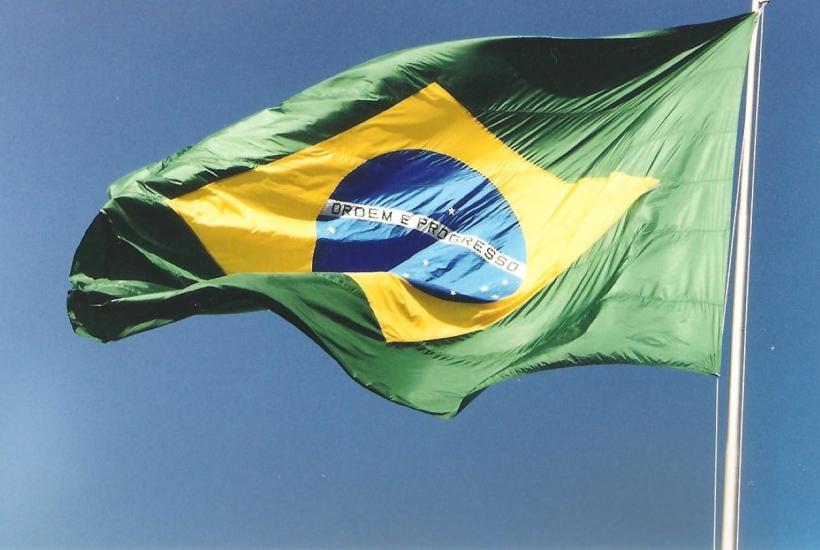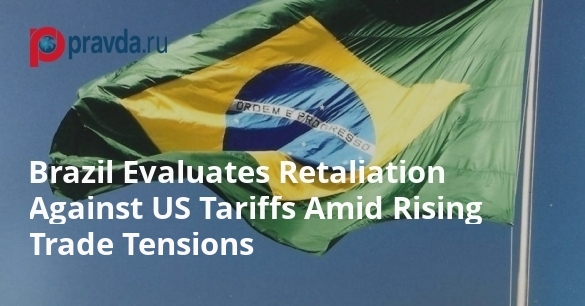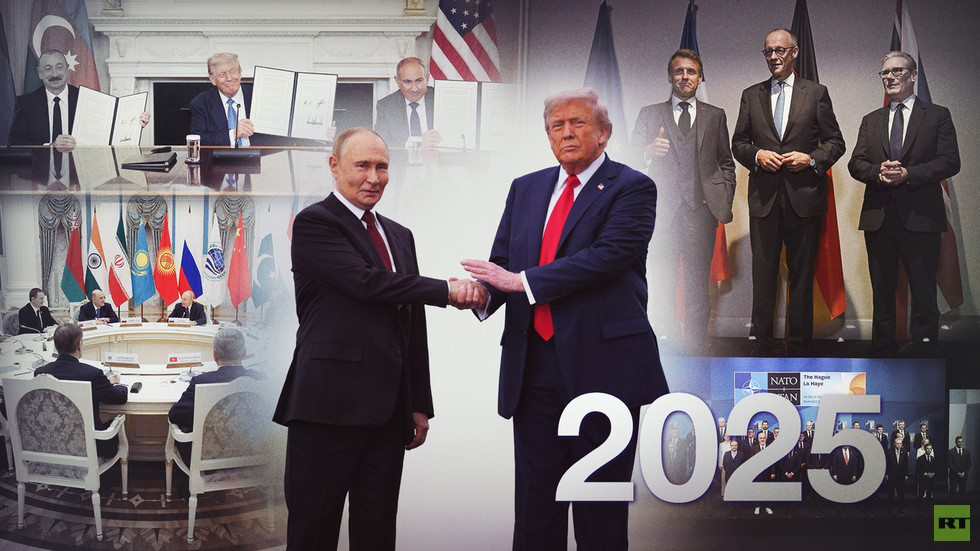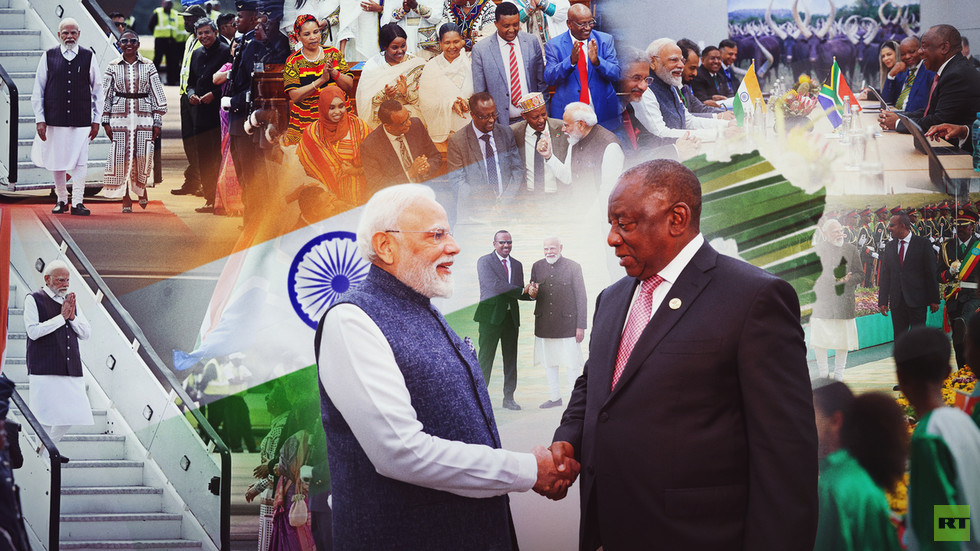Brazilian authorities have tasked the country’s Chamber of Foreign Trade with conducting a detailed assessment of possible countermeasures following new tariffs imposed by the US administration.

Photo: Bandeira brasileira by Núcleo Editorial, https://creativecommons.org/licenses/by/2.0/
Brazilian flag
Over the next month, Brazilian legislators are expected to determine whether Washington’s actions fall under the provisions of the recently adopted Economic Reciprocity Law, which was approved by Congress in July. The law is designed to establish mechanisms to protect Brazil’s national interests from unilateral restrictive measures by major trading partners, primarily the United States.
Impact of US Tariffs
The new US tariffs, set at 50%, affect a substantial portion of Brazilian exports. Although the United States provided approximately 700 exemptions for strategic sectors such as aerospace, energy, and selected agricultural products, the overall effect has been highly significant for Brazil’s economy. In response, the Brazilian government has initiated consultations with the World Trade Organization, arguing that the tariffs violate international commitments under the WTO framework.
From a legal perspective, Brazil has grounds to seek international support, as global trade norms limit the application of large-scale protectionist measures. However, precedent shows that resolving such disputes can take years, and outcomes are not always favorable to the affected country.
Turning to BRICS and Trade Diversification
Simultaneously, Brazil is intensifying efforts to strengthen alternative economic ties, with a key focus on collaboration within BRICS. President Luis Inácio Lula da Silva emphasized that consolidating the efforts of leading emerging economies could serve as a response to US restrictions, allowing Brazil to diversify exports toward Asia, Africa, and other regions.
The Brazilian government has also taken steps to alleviate the effects of US tariffs domestically. It announced approximately 30 billion reals (around 5.5 billion USD) in support for companies most affected by the new measures. This initiative aims to offset production costs and maintain employment in export-oriented sectors, using budgetary resources to stabilize the economy amid deteriorating external conditions.
The US tariffs reflect a growing global trend of protectionism, increasingly used not only to safeguard domestic producers but also as a tool of geo-economic pressure. For Brazil, a country traditionally dependent on raw material and low value-added exports, these tariffs impact key sectors such as metallurgy, agriculture, and petrochemicals, potentially slowing medium-term economic growth.
Opportunity for Economic Restructuring
Despite challenges, the crisis presents an opportunity to restructure Brazil’s economic model. Strengthening BRICS cooperation, diversifying export markets, and boosting domestic production could reduce long-term dependency on the US market. Achieving this will require an active industrial policy, investment in technological innovation, and enhanced ties with Russia, China, India, and Global South partners.
The situation surrounding US tariffs highlights the contradictions of modern global trade. While international institutions like the WTO remain arbiters, their effectiveness is constrained amid rising protectionism from major powers. For Brazil, the coming months will be crucial in determining whether decisions by the Chamber of Foreign Trade and domestic support measures can effectively mitigate the impact of US tariffs and preserve economic resilience.









